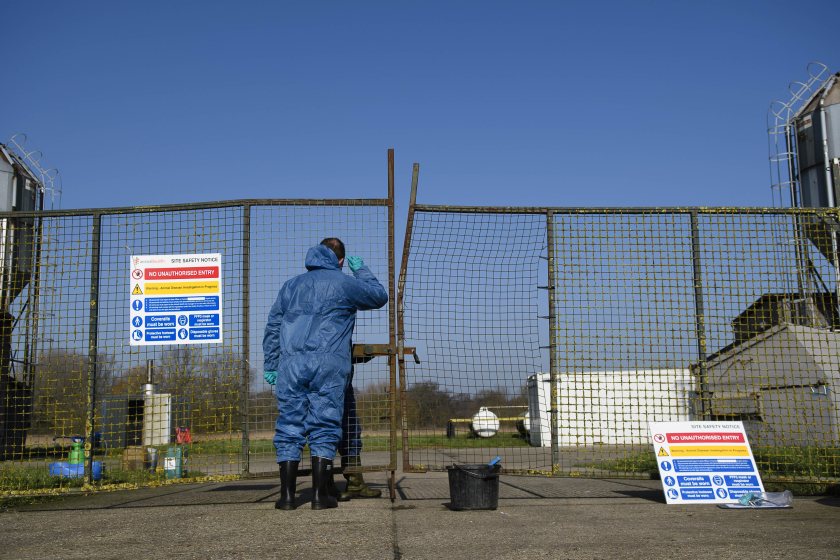
The government has confirmed a spate of new highly-pathogenic avian influenza cases, with numerous poultry farms impacted by the virus.
On Friday 26 August, a cull was ordered by authorities after bird flu was confirmed on a poultry farm near Cullompton, Devon.
Highly pathogenic avian influenza was recorded on Sunday 28 August at a poultry farm near Bridlington, East Yorkshire. All birds were culled.
And on Monday (29 August), the disease was recorded twice, on a poultry farm near Constantine, Cornwall and in captive non-poultry wild birds at a premises near Paignton, Devon.
In all of the cases, 3km Protection Zones and 10km Surveillance Zones have been declared around the affected premises.
Since October 2021 - the start of this year's bird flu crisis - the government has confirmed 115 cases in England alone.
Nearly a year on, ten cases of the virus have been recorded so far this month.
It comes as the Avian Influenza Prevention Zone (AIPZ) for poultry and captive birds, introduced in November 2021 to help stop the spread of avian influenza, was lifted.
The enhanced biosecurity measures were brought in across Great Britain when there was a medium risk for some poultry premises.
The measures were seen as vital in protecting flocks across the country from the virus.
But the risk of avian influenza is now considered low for all poultry, and as a result, the mandatory requirements were lifted on 16 August 2022.
Whilst the risk level in kept birds has reduced, Defra says farmers and keepers should still follow enhanced biosecurity measures at all times to prevent the risk of future outbreaks.
"All poultry gatherings, including at fairs, shows and markets, remain banned, due to a large number of flocks mixing together and the risk posed by any infections spreading across the country," Defra said.
"Additional mandatory restrictions apply in disease control zones in force surrounding infected premises where avian influenza has been confirmed in poultry or other captive birds."
